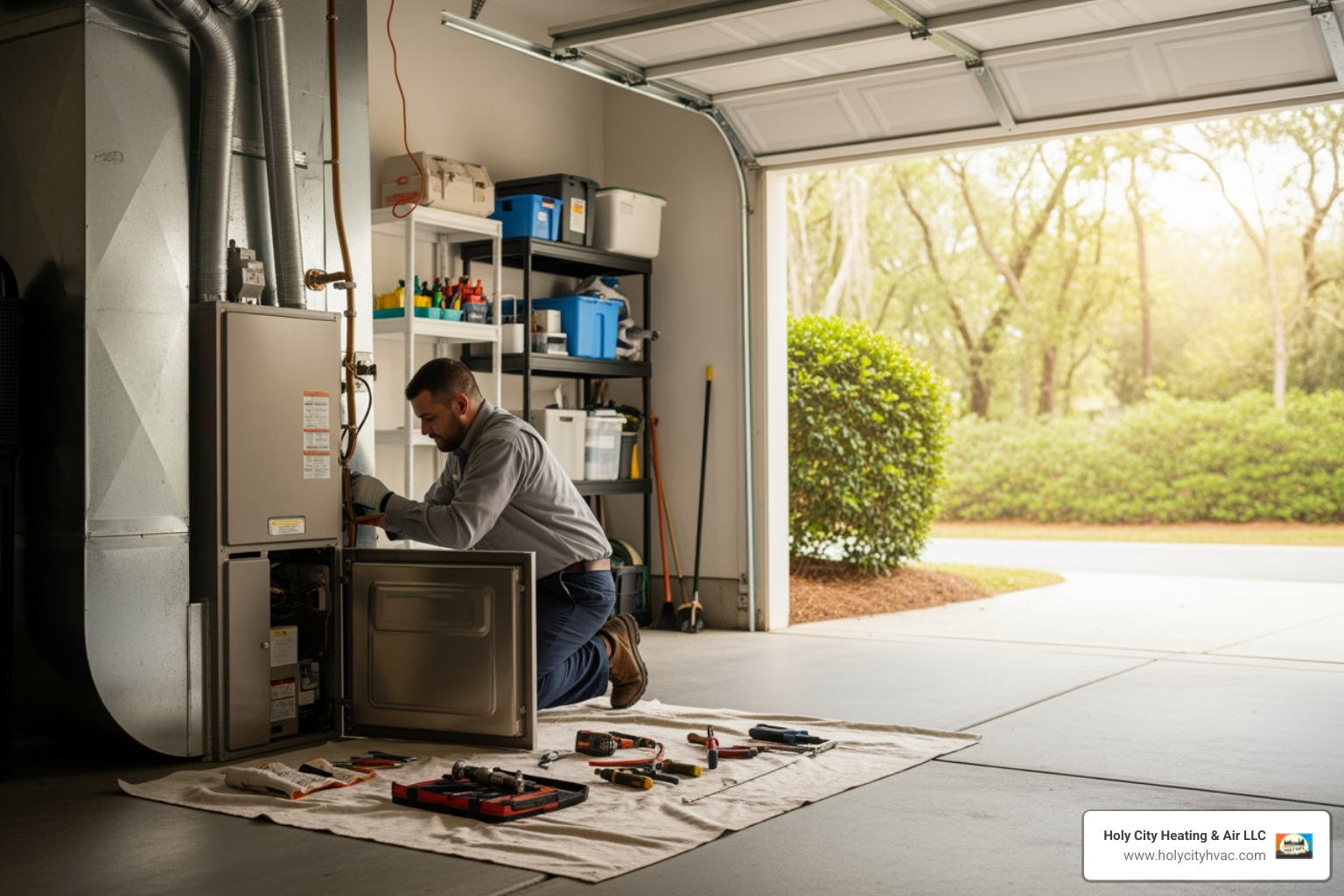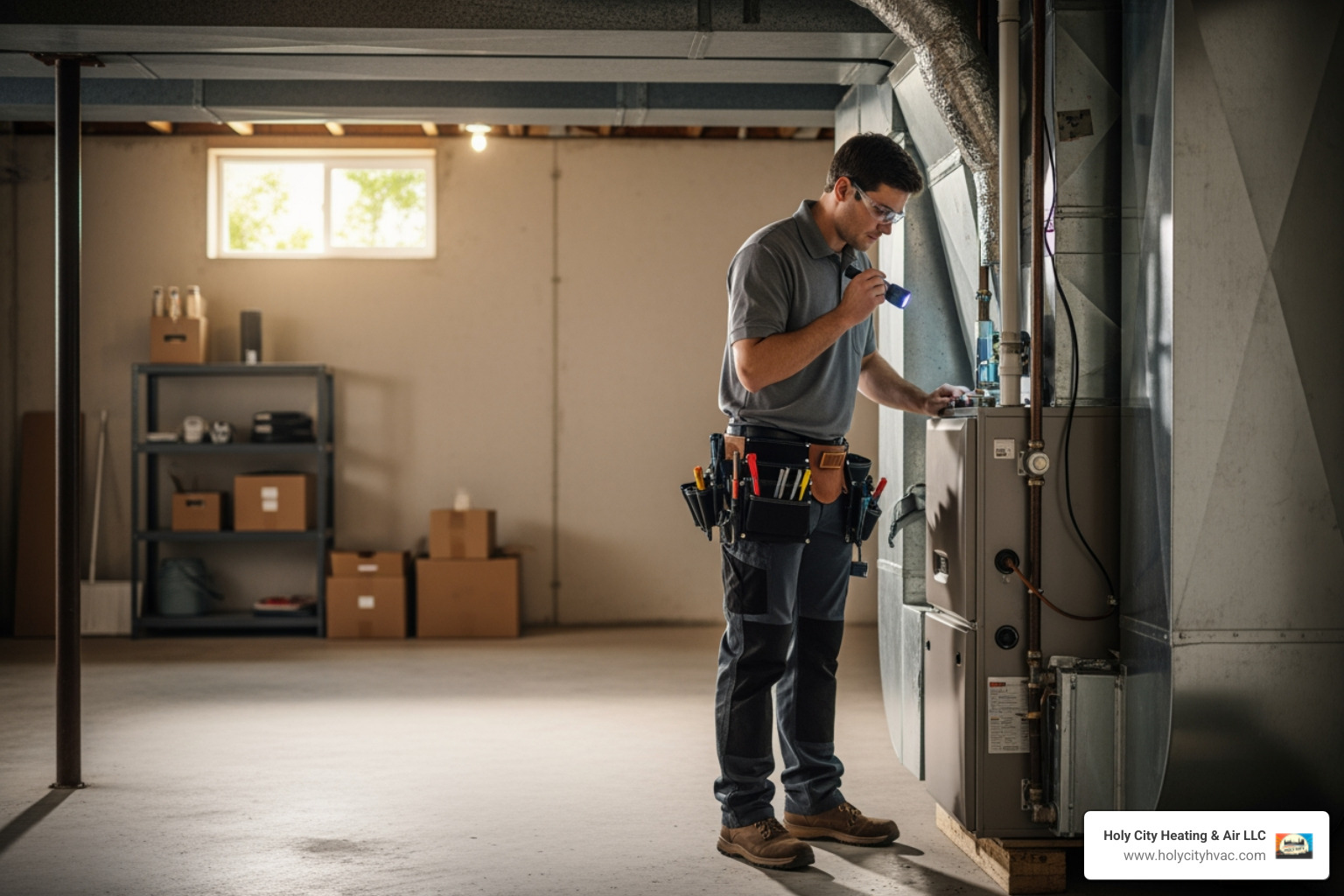Dealing with hard water can be a persistent issue for many homeowners, leading to a variety of problems both seen and unseen. From damaging household appliances to leaving mineral deposits around faucets, hard water can become a frustrating challenge. Water softeners offer a practical solution, converting hard water into soft water and improving the quality of water throughout your home.
How Water Softeners Work
Understanding Hard Water
Hard water contains high levels of minerals such as calcium and magnesium. These minerals can cause various issues in your home, like leaving limescale deposits on faucets and showerheads, making soap less effective, and causing dry skin and hair. When hard water flows through your plumbing system, the minerals can accumulate, reducing water flow and efficiency. This buildup can eventually lead to clogged pipes and damaged appliances.
Softening Process Explained
Water softeners tackle the problem of hard water by removing the excess minerals. The most common type is an ion-exchange system. Here's how it works:
- Mineral Tank: Hard water enters the mineral tank, containing resin beads that are negatively charged.
- Ion Exchange: The calcium and magnesium ions in the water are attracted to and held by the resin beads. In exchange, sodium ions are released into the water.
- Softened Water: The water, now free of hardness-causing minerals, exits the tank and is distributed throughout your home.
Benefits of Using Water Softeners
Protecting Household Appliances
Hard water can significantly reduce the lifespan of household appliances. The minerals in hard water can build up inside water heaters, dishwashers, washing machines, and coffee makers, causing them to work less efficiently and break down more quickly. A water softener removes these minerals, helping to extend the life of your appliances. By preventing mineral buildup, water softeners also reduce the need for frequent repairs and maintenance, saving you time and money.
Improving Water Quality
The benefits of using water softeners go beyond protecting appliances. Soft water improves the overall quality of water in your home. It makes it easier to lather soap and shampoo, leading to softer skin and shinier hair. Soft water also prevents soap scum and mineral deposits on dishes, glassware, and surfaces, making cleaning tasks easier and more effective. Additionally, softened water improves the taste of your drinking water and the performance of your heating system by reducing scale buildup in pipes and radiators.
Signs You Need a Water Softener
Common Indications in Your Home
There are several signs that indicate you might need a water softener:
- Soap Scum: Persistent soap scum on dishes, glassware, and bathroom fixtures is a clear sign of hard water.
- Dry Skin and Hair: If you notice your skin and hair are consistently dry and itchy, hard water could be the culprit.
- Faded Laundry: Hard water can make colors in your laundry fade and feel stiff.
- Spotty Dishes and Glassware: Hard water often leaves spots and streaks on dishes and glassware, even after they have been washed.
- Increased Detergent Use: If you find yourself using more detergent and soap to get things clean, hard water might be to blame.
Effects on Plumbing and Fixtures
Hard water not only affects your home’s cleanliness but also impacts your plumbing and fixtures:
- Clogged Pipes: Over time, mineral deposits from hard water can build up in your pipes, leading to clogs and reduced water flow.
- Damaged Water Heater: Scale buildup can form on the heating elements of your water heater, making it less efficient and shortening its lifespan.
- Fixture Wear and Tear: Faucets, showerheads, and other fixtures may suffer wear and tear due to mineral deposits, leading to more frequent replacements.
Choosing the Right Water Softener
Factors to Consider
When selecting a water softener, consider these factors to ensure you pick the right one for your home:
- Water Hardness Level: Determine the hardness level of your water to choose a system that can handle the mineral content effectively.
- Household Size: The size of your household will influence the capacity of the water softener you need. Larger households typically require systems with greater capacity.
- Regeneration Method: Choose between a time-initiated or demand-initiated regeneration system. Demand-initiated systems regenerate based on water usage, making them more efficient.
Installation and Maintenance Tips
Proper installation and regular maintenance are key to getting the most out of your water softener:
- Professional Installation: Have our professionals install your water softener to ensure it’s set up correctly and functions effectively.
- Regular Regeneration: Follow the manufacturer’s guidelines for regeneration to keep the resin beads charged and the system working correctly.
- Salt Levels: Regularly check and replenish the salt levels to ensure the ion exchange process continues to work efficiently.
- Periodic Cleaning: Clean the brine tank periodically to remove sediment and prevent buildup.
Conclusion
Water softeners play a vital role in improving the quality of your home's water. Understanding how water softeners work and the benefits they offer helps you appreciate their importance. From protecting your appliances to improving water quality, water softeners provide numerous advantages. Recognizing the signs that you need a water softener and knowing how to choose the right system are essential steps in addressing hard water issues.
Looking to improve the quality of your home's water? Contact Holy City Heating & Air, LLC today to explore our water softeners in Daniel Island and enjoy the many benefits of soft water. Our team is here to help you choose and maintain the best system for your home, ensuring comfort and efficiency year-round!
Recent posts



















